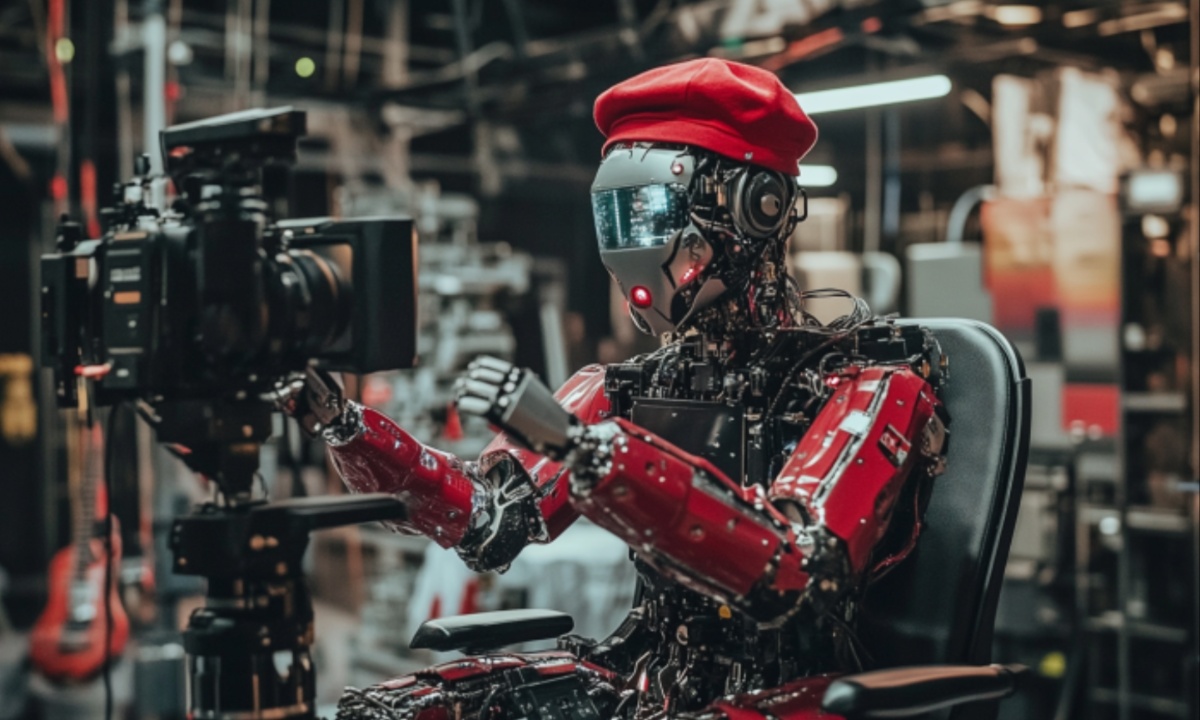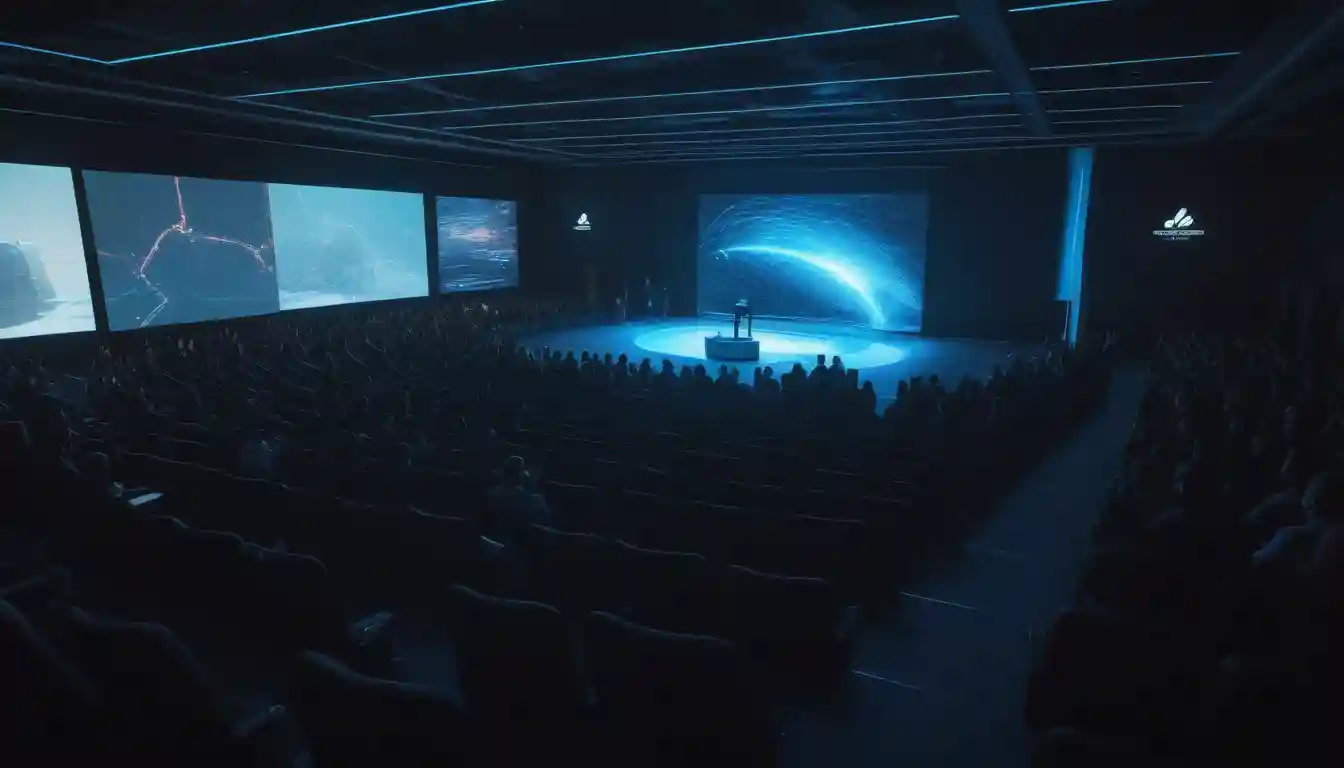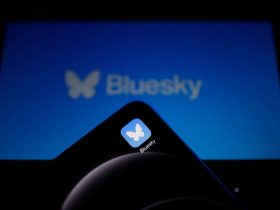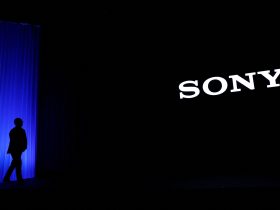Runway, an AI startup specializing in video generation, has introduced an API that enables developers and organizations to integrate its generative AI models into various platforms and services. Access to the API is currently limited, with a waitlist for interested users.
The API features the Gen-3 Alpha Turbo model, which is faster but less advanced than Runway’s flagship Gen-3 Alpha. There are two subscription plans available: Build, aimed at individuals and teams, and Enterprise. Pricing is set at one cent per credit, with five credits required for one second of video. Established partners like Omnicom are already using the API.
The API includes specific disclosure requirements, necessitating that any application using it prominently display a “Powered by Runway” banner linked to the company’s website. This requirement is designed to maintain transparency about the technology behind the applications and ensure compliance with Runway’s usage terms.

Runway is entering a highly competitive market for video generation, facing competition from major players such as OpenAI, Google, and Adobe. OpenAI is expected to release its own video-generation model, Sora, soon, while startups like Luma Labs are also advancing their technologies. Luma recently launched its API with additional features, including virtual camera control, which positions it as a direct competitor to Runway.
Legal issues surrounding the training of generative AI models on potentially copyrighted content are a significant concern. Reports suggest that Runway’s training data might include content from YouTube channels and other sources associated with companies like Netflix and Disney. Runway has stated that it uses “curated, internal datasets,” but the lack of transparency about the training data raises questions about compliance with copyright laws.
Generative AI is having a profound impact on the entertainment industry. A 2024 study found that many film production companies have reduced or eliminated jobs due to the adoption of AI technologies. The study estimates that by 2026, more than 100,000 U.S. entertainment jobs will be affected. As generative AI tools continue to evolve, they are significantly altering traditional practices in film and TV production.







Leave a Reply